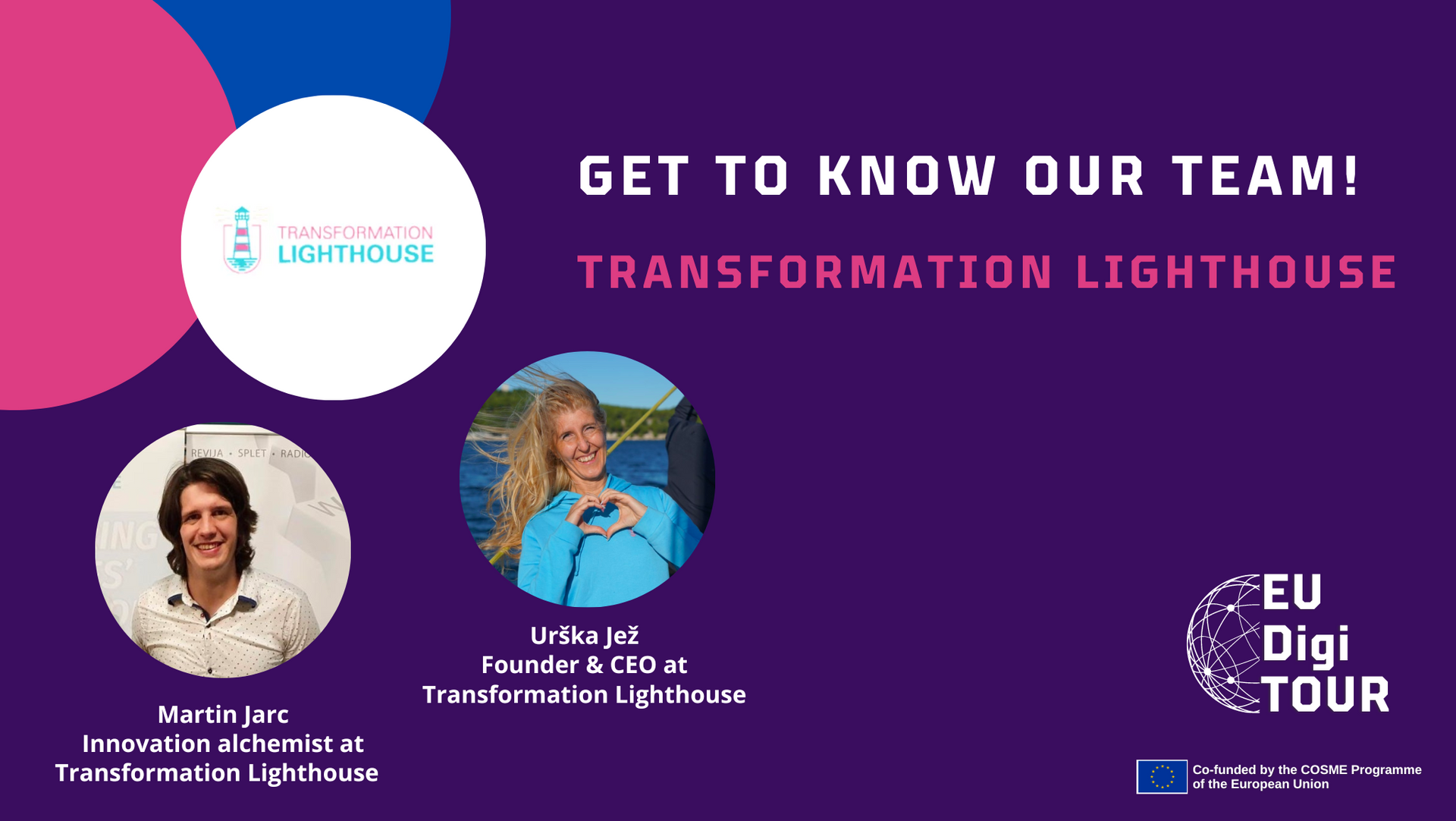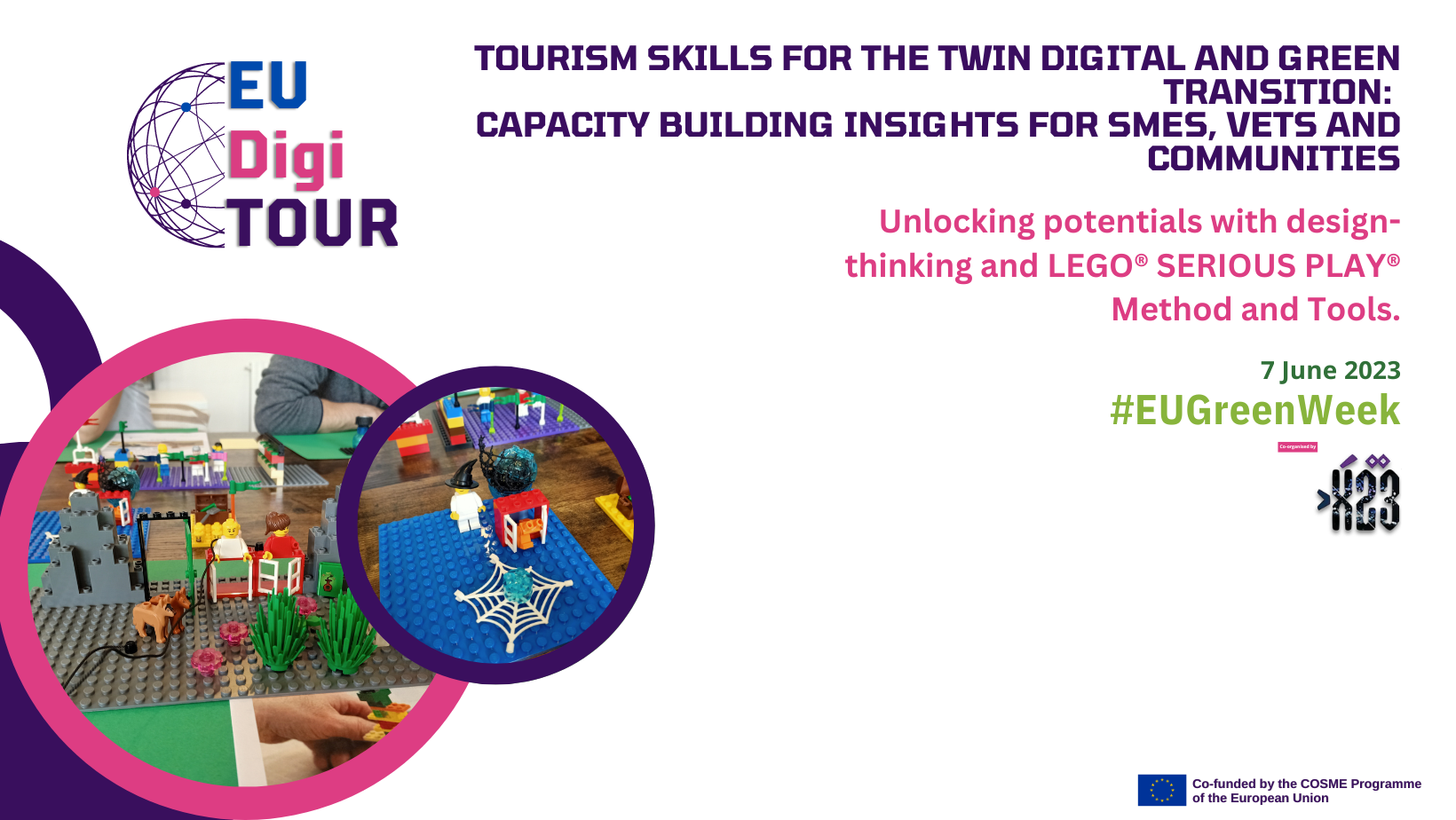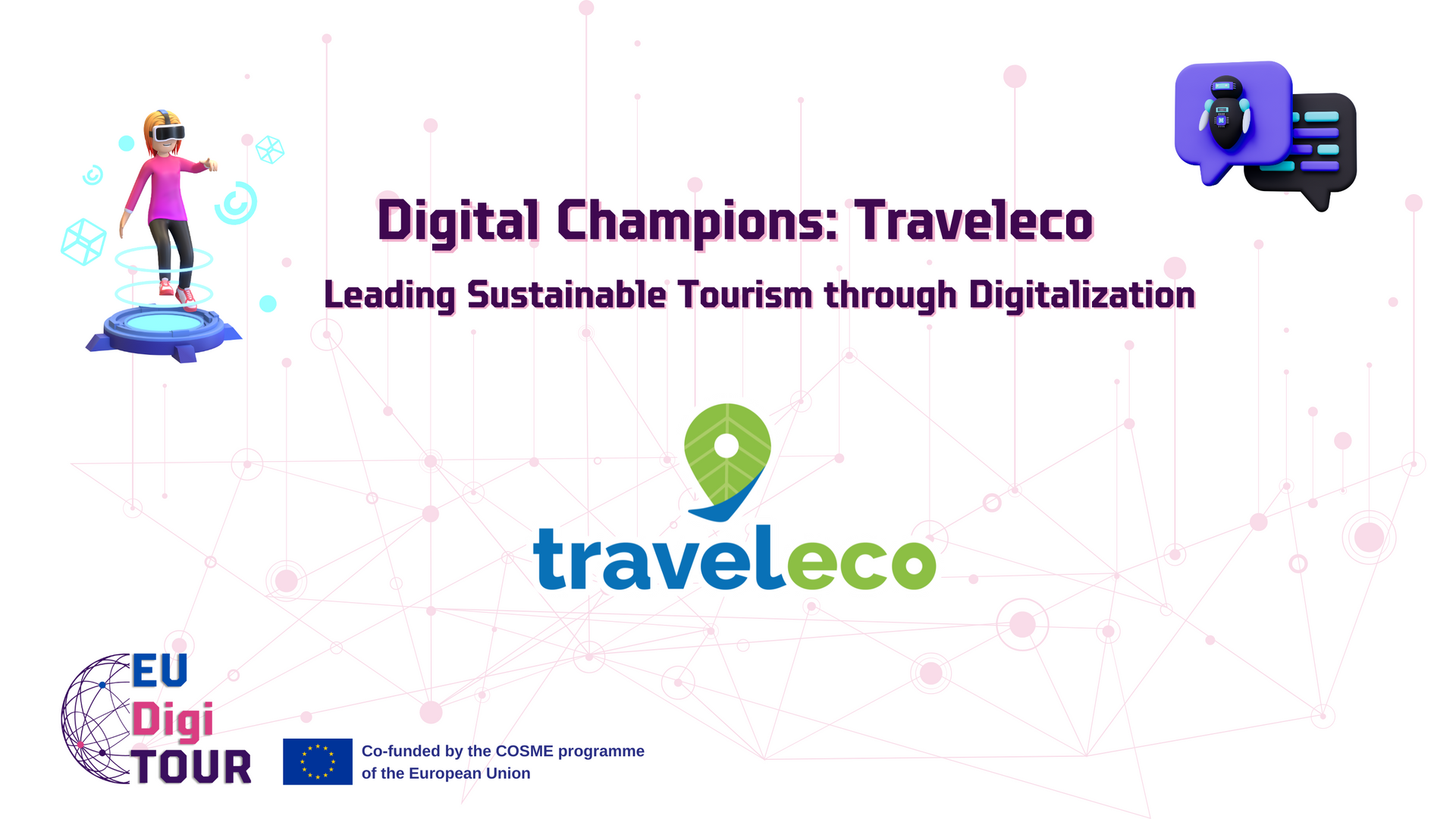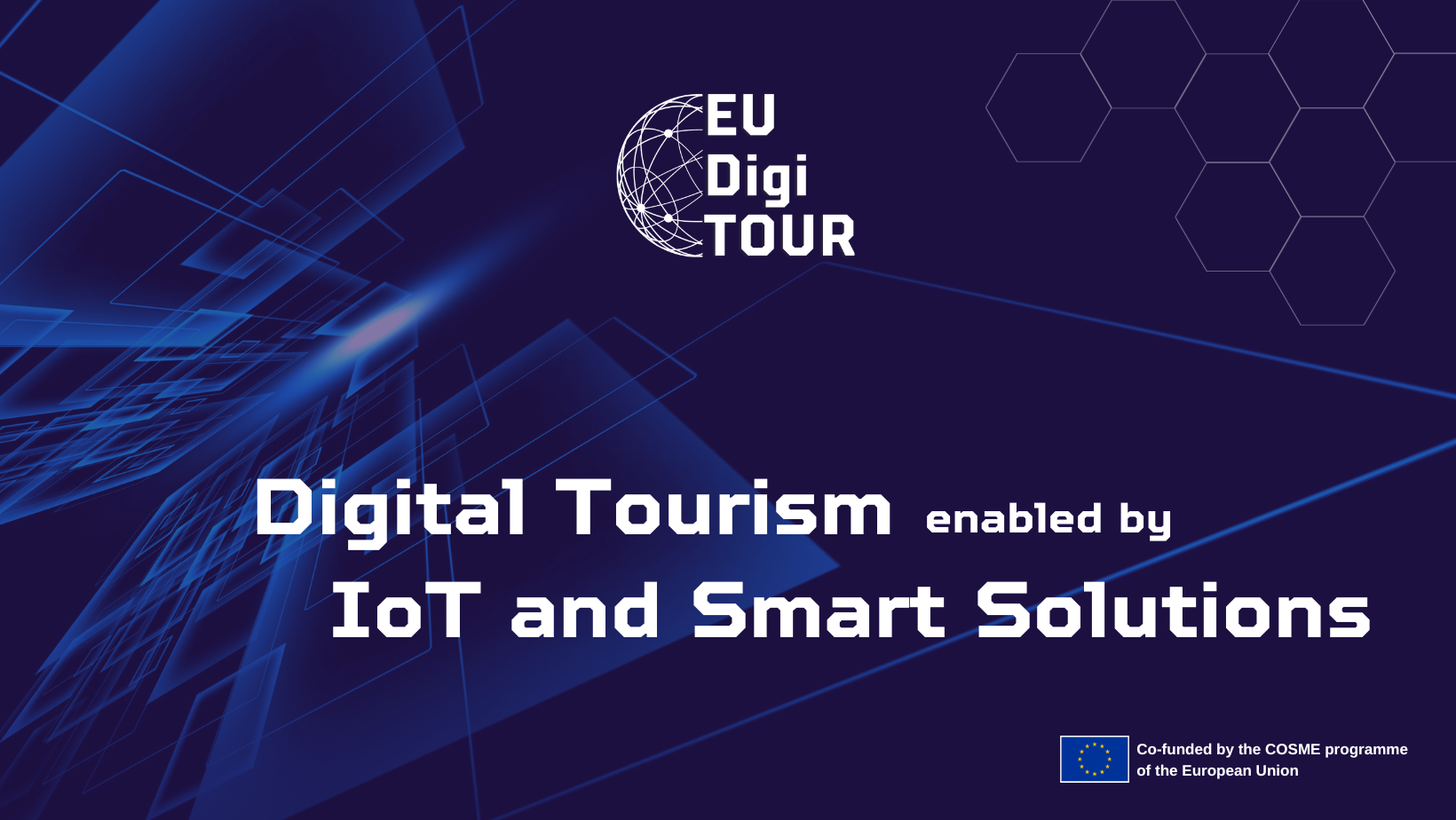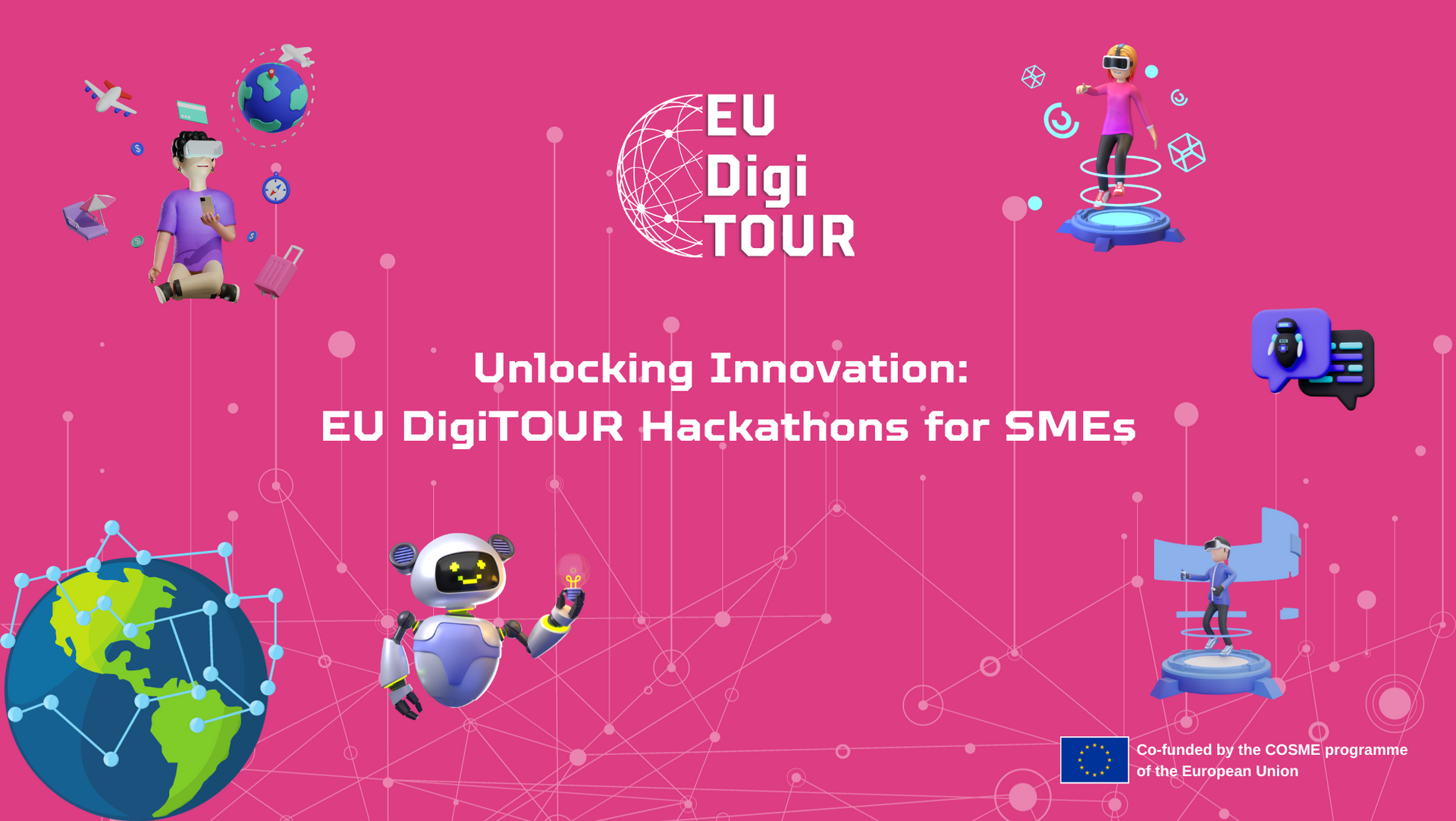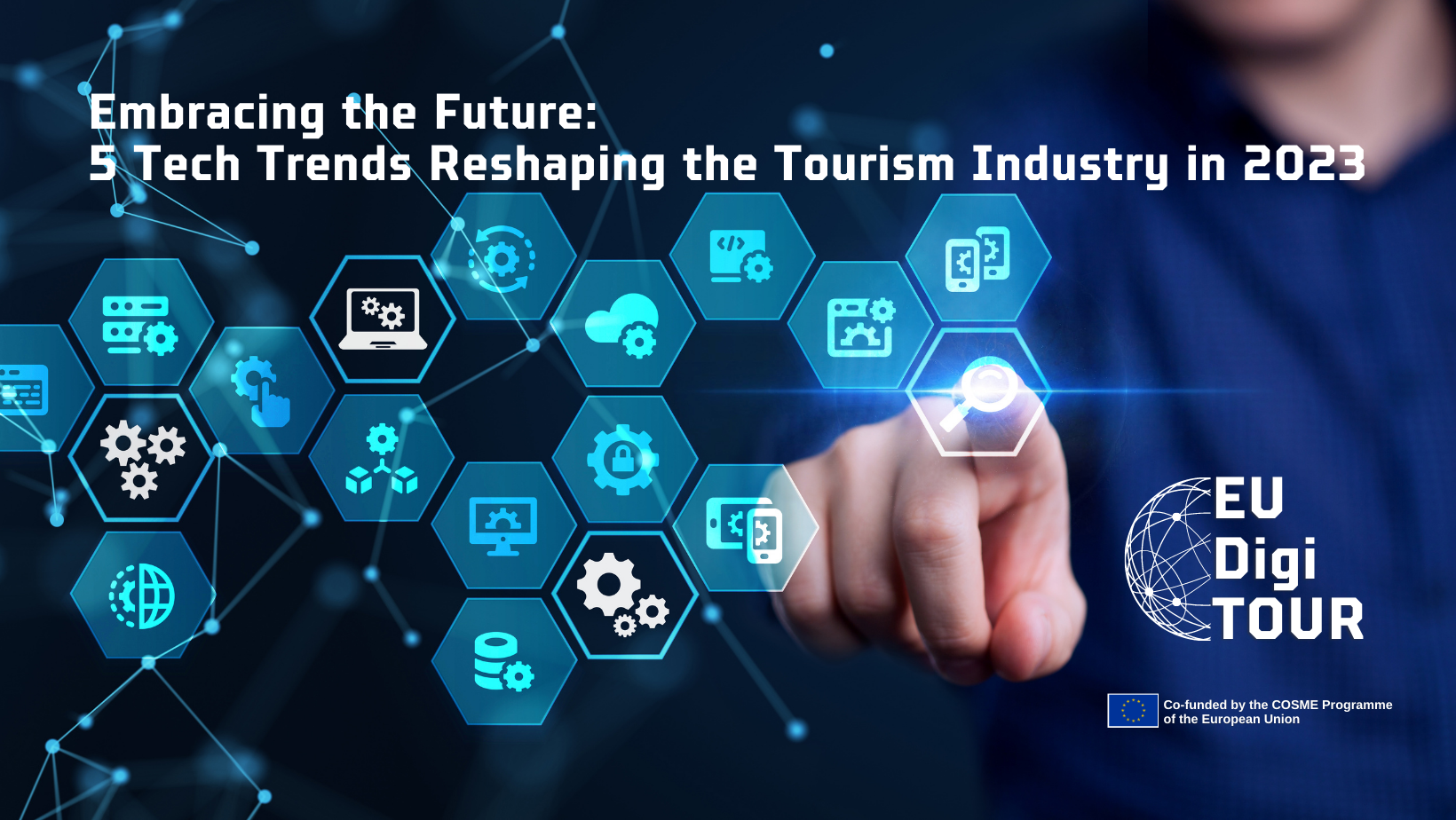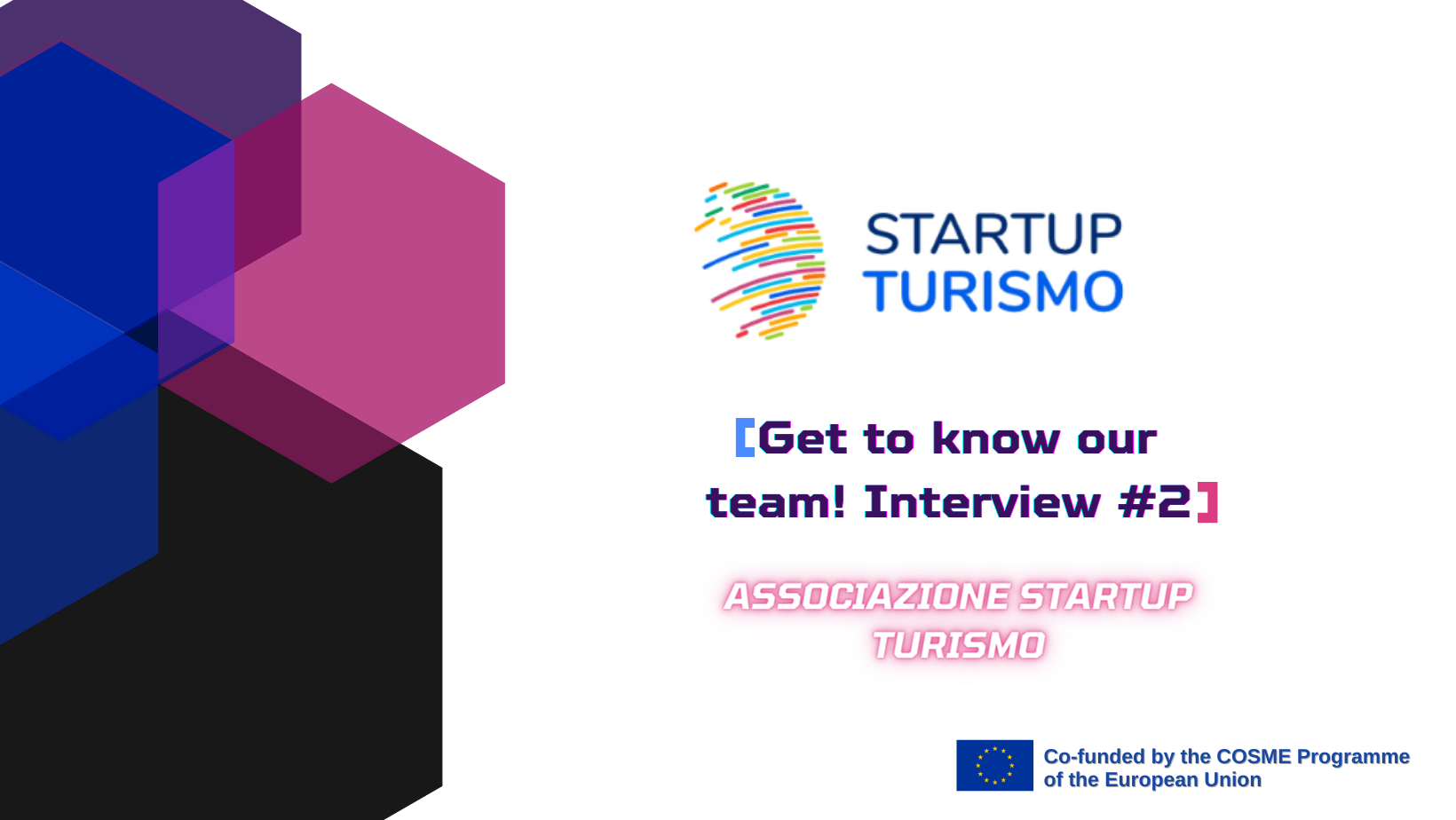Artificial Intelligence (AI) is exerting an ever-expanding influence on our lives. From smartphones equipped with facial recognition systems to semi-automatic cars and voice-command responsive devices, we are increasingly surrounded by sophisticated computing tools with sensors that interact with the world in complex ways. Over the past year, the field of AI has witnessed a surge in new developments, and ChatGPT has captured the imagination of many. People are now using AI-assisted tools on a daily basis, and the capabilities of these tools are rapidly improving.

What is Artificial Intelligence
Despite its complexity as a technology, the concept behind Artificial Intelligence (AI) is quite simple: to develop machines with autonomous learning and adaptive capabilities inspired by human learning models.
In short, AI is a historically and scientifically rich topic that reflects humans' innate desire to create machines that reflect their abilities.
Artificial Intelligence Applications
Chatbots
Chatbots are one of the most widely adopted Artificial Intelligence applications in the market, These tools provide 24/7 assistance to customers and employees and can be used in various fields, including marketing, sales support, HR management, home automation, and even research and development.
Natural Language Processing (NLP)
The objective of NLP techniques is to develop systems that enable effective communication and understanding between humans and machines. NLP is primarily concerned with processing textual data, which encompasses any sequence of words in a language that conveys one or more messages (including web pages, posts, tweets, and corporate information).
Computer vision
Computer Vision involves the study of algorithms and techniques that enable computers to gain a high-level understanding of the content of images or videos. In recent years, significant advancements have been made in this field, with solutions based on statistical descriptions of images being gradually replaced by neural networks trained on millions of images.
Intelligent Data Processing
Intelligent Data Processing solutions have the broadest range of applications, utilizing Artificial Intelligence algorithms to extract valuable insights from both structured and unstructured data. These solutions are primarily employed for purposes such as forecasting and classification & clustering, making them indispensable tools for companies seeking to leverage the full potential of their data.
Recommendation systems
Recommendation algorithms have become the cornerstone of business models for social and eCommerce platforms worldwide, including household names such as Amazon, Netflix, and Spotify. These digital services rely on algorithms that track user actions and leverage machine learning to understand their preferences. As users continue to engage with the platform, these algorithms become increasingly adept at producing accurate recommendations tailored to their unique tastes.
Physical Solutions
There are three key categories to consider: autonomous vehicles (self-driving vehicles), autonomous robots (robots capable of moving without human intervention), and intelligent objects (objects capable of taking actions and making decisions based on the conditions of the surrounding environment).
Artificial intelligence Ethical Implications
The ethical challenges posed by artificial intelligence can be divided into two main categories:
Implications arising from the design choices made by developers:
- Bias: the unintentional distortion of data and/or algorithms, or the introduction of biases by developers or users.
- Black Tech: the creation of systems specifically for malevolent purposes.
- Fairness: the acquisition of an unfair advantage over users of technology.
- Privacy: the failure to comply with regulations on personal data processing, user monitoring, and profiling.
- Transparency: the lack of transparency in the decision-making processes that underpin artificial intelligence systems.
Implications that directly affect individuals, society, and the economic-political system:
- Equality: the potential for inequality in terms of accessibility to technology, and the elimination of discrimination.
- Freedom: the potential for limitations on individual freedoms and rights, such as freedom of thought, expression, self-determination, and the right to be forgotten, as well as collective freedoms.
- Jobs: the implications for individual workers and the evolution of the labor market due to the increasing automation of certain tasks.
- Psychology: the potential threat to the mental and emotional well-being of users.
- Sustainability: the excessive use of environmental resources.
- Trust: the centralization of economic-financial resources, assets, and technological know-how.
Moreover, the age-old debate of man versus machine persists, with numerous ethical and legal issues
surrounding Artificial Intelligence. Furthermore, there is uncertainty about the impact of AI on our society and job market. Many are questioning whether this technology represents a threat or an opportunity, and whether machines will ultimately replace humans. There are also concerns about whether artificial systems will surpass human intelligence and capabilities.
So are we moving too fast? Are we driving too recklessly toward AI without proper security protocols?
ChatGPT Case Study
ChatGPT is the new AI system developed by the OpenAI foundation (founded by Elon Musk): a language model designed to support real conversations with humans using its machine learning system. The acronym stands for "Generative Pre-trained Transformer," which is a machine learning language model that makes interaction and communication intuitive, automatic, and nearly human-like in quality. It is based on a neural network that has been trained on a vast database of content derived from books, websites, and articles.
The result is a conversational tool that processes natural language in a versatile manner, using machine learning algorithms to create responses, much like humans do in a conversation. It's pretty incredible, isn't it?
The situation is so remarkable, leading to GPT-4, that a call has been made to halt AI development for six months. Elon Musk, DeepMind researchers, and other AI experts are advocating for a moratorium to establish common rules and protections against the most harmful consequences.
In conjunction with them, a thousand other scientists, executives, and experts have signed an open letter published by the Future of Life Institute. "Recent months have seen AI labs locked in an out-of-control race to develop and deploy ever more powerful digital minds that no one – not even their creators – can understand, predict, or reliably control," warn the letter.
So stay updated, this is a really important turning point in order to understand how technology will develop in the future. Using AI can be a real added value, as long as it is supervised and regulated. In our small way. It should be seen as a tool for support rather than a replacement.
Therefore, it is essential to take the necessary precautions to understand, monitor, and mitigate the margin of error of such a powerful tool. Technology has the potential to increase efficiency, personalization, and multilingual capabilities, but it is important to consider its limits and ethical implications through our expertise.
